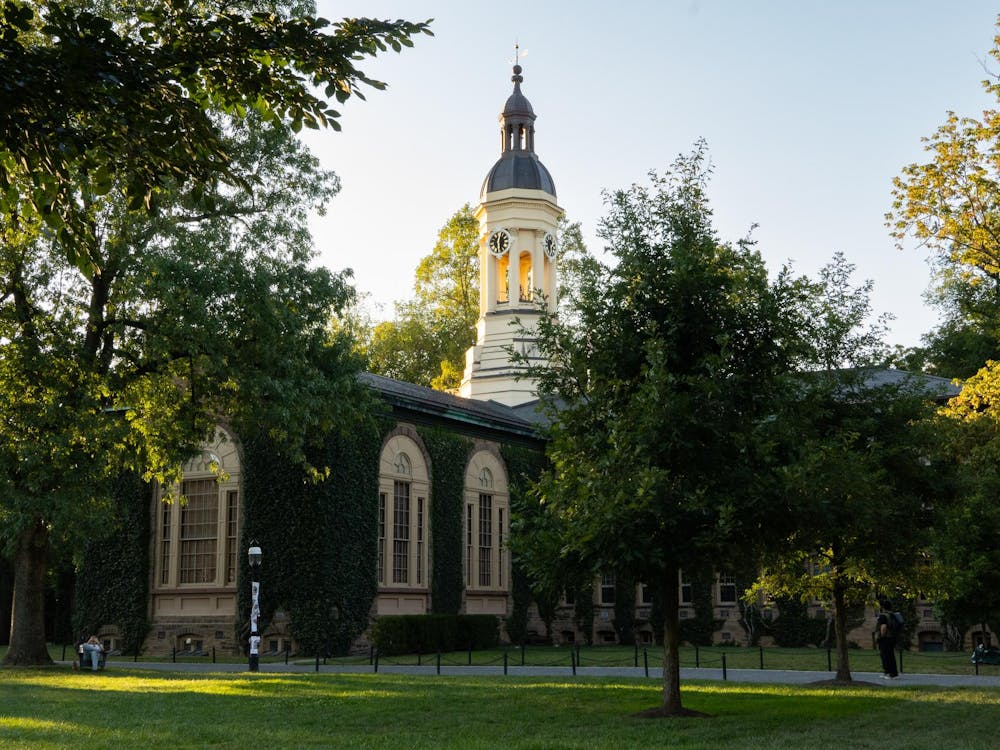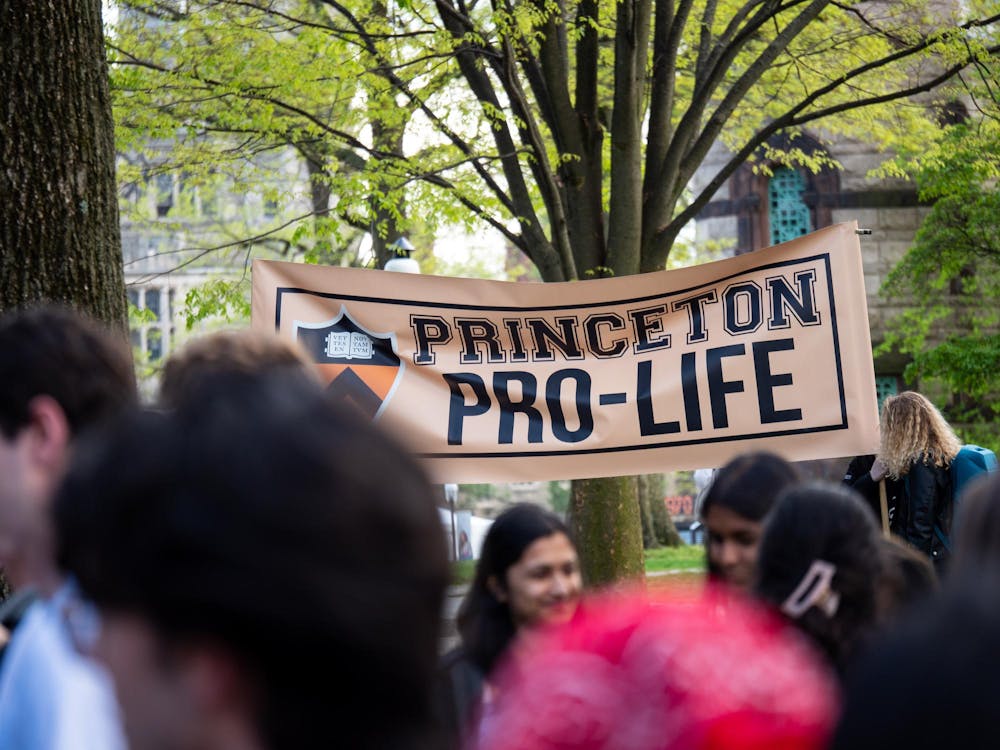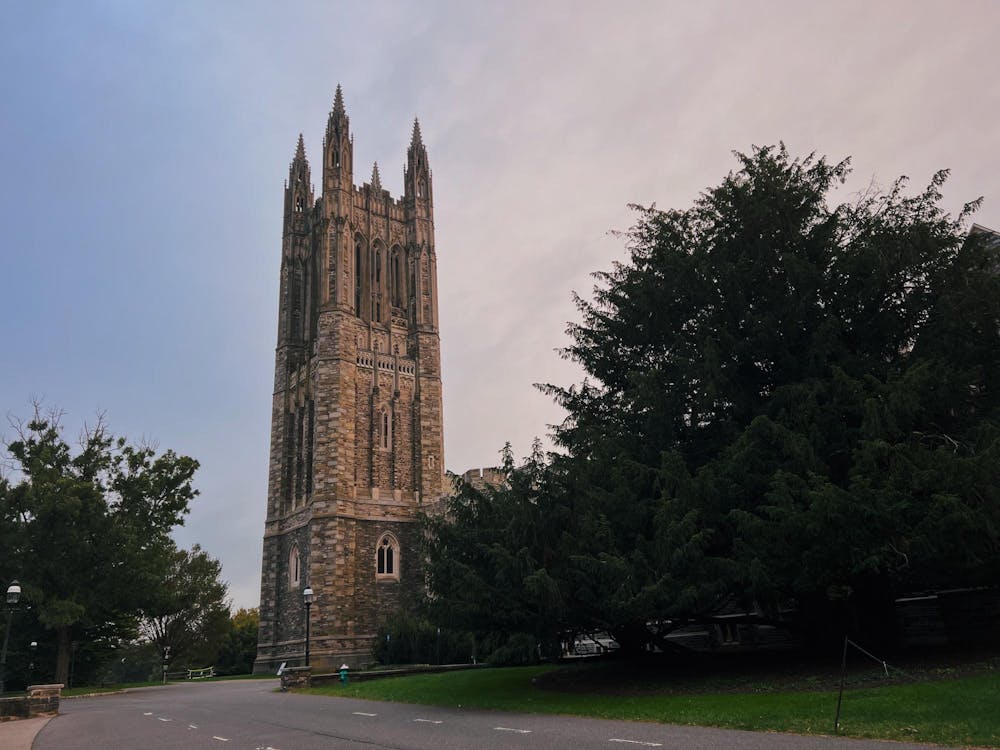The risk of contracting meningitis B at the University is now considered equivalent to the risk at any other college, the University announced on Friday.
The announcement comes after University officials met with the Centers for Disease Control and Prevention.
The CDC did not respond to requests for comment.
The reduced risk is in part attributable to high levels of vaccination among students, University spokesperson Martin Mbugua said, adding that local, state and federal agencies involved during the outbreak share the credit.
“The vaccination rate was so high because our students were very responsive to the call," he said. "To have that vaccination rate achieved is remarkable. We are very pleased to see that kind of response.”
The University will not continue to provide the vaccine free of charge after the end of this academic year, as it is now licensed in the U.S. for people of ages 10-25 and widely available, he added.
Ninety-eight percent of University undergraduates have received at least one of the doses of the vaccine.
The University's announcement is important because meningococcal diseases can cause significant morbidity in young populations, Nicole Basta, a visiting researcher in the ecology and evolutionary biology department who led two studies on the effectiveness of the vaccine on University students last academic year, said. She is also an assistant professor at the University of Minnesota.
“CDC's announcement that Princeton students are no longer at increased risk of [meningitis B] is excellent news,” she said, noting how agonizing the outbreak was for the University and Drexel University communities. "It is reassuring that all evidence indicates that the outbreak is now over."
A Drexel University student died from meningitis B after coming into contact with a University student who was a carrier of the disease.
Over 600 students enrolled in a cross-sectional serological survey to assess the extent to which the vaccine induced antibodies against the outbreak strain, she said. In fall 2014, the study enrolled approximately another 150 students. Blood samples were collected from participants before and after reception of the vaccine to evaluate immune responses.

“We will follow up the cohort of incoming students next fall, as well, to assess the duration of the immune response,” she added.
She will share the results of her research at the Wilson School on April 7.
The University's response was as optimal as could be hoped during the outbreak, Basta said.
“University officials acted swiftly during a very challenging time to control the [meningitis B] outbreak," she said. "The University partnered with local, state, and federal authorities to explore all avenues for containing the outbreak and protecting students, and they devoted considerable resources to bring the outbreak under control as rapidly as possible."
The University now recommends all incoming students receive the meningitis B vaccine through their personal physician prior to arriving on campus, Mbugua noted.
“It’s always good to practice good hygiene," he said. "Meningitis aside, taking good precautions is always a good idea."
Despite the remarkable progress, some reason for caution still exists, Gwen Lee ’16, chair of the Student Health Advisory Board, said.
“Even though we’re at equal risk as other universities, I’d still say keeping safe and healthy measures in mind is still important," she said. "We would never want to relapse. It's important to keep all these safety measures in mind."
Nonetheless, the University's ability to acquire an exemption to use the vaccine while it was still unlicensed in the U.S. was remarkable, Lee said.
“I think it’s amazing we were given access to this vaccine,” she said.
No cases of serogroup B meningococcal disease have occurred on the University campus or affected students since the ninth case in November 2013. In December 2013, the University began to offer free meningitis B vaccines to all undergraduates, as well as some graduate students and other members of the University community, after receiving special approval from the CDC.
At that time, Bexsero had been approved in Europe, but was unlicensed in the United States.
The University did investigate at least one medical case relating to the reactions to the vaccine in February 2014, in which a student arrived at the University Medical Center of Princeton at Plainsboro with rhabdomyolysis less than one day after receiving the vaccine, according to a Daily Princetonian article on Feb. 24, 2014.
Rhabdomyolysis is a condition in which a patient’s muscle tissue will break down and transfer muscle fiber and protein into the bloodstream and carries a high risk of kidney damage.
Doctors later determined a link between the vaccine and rhabdomyolysis was unlikely.








